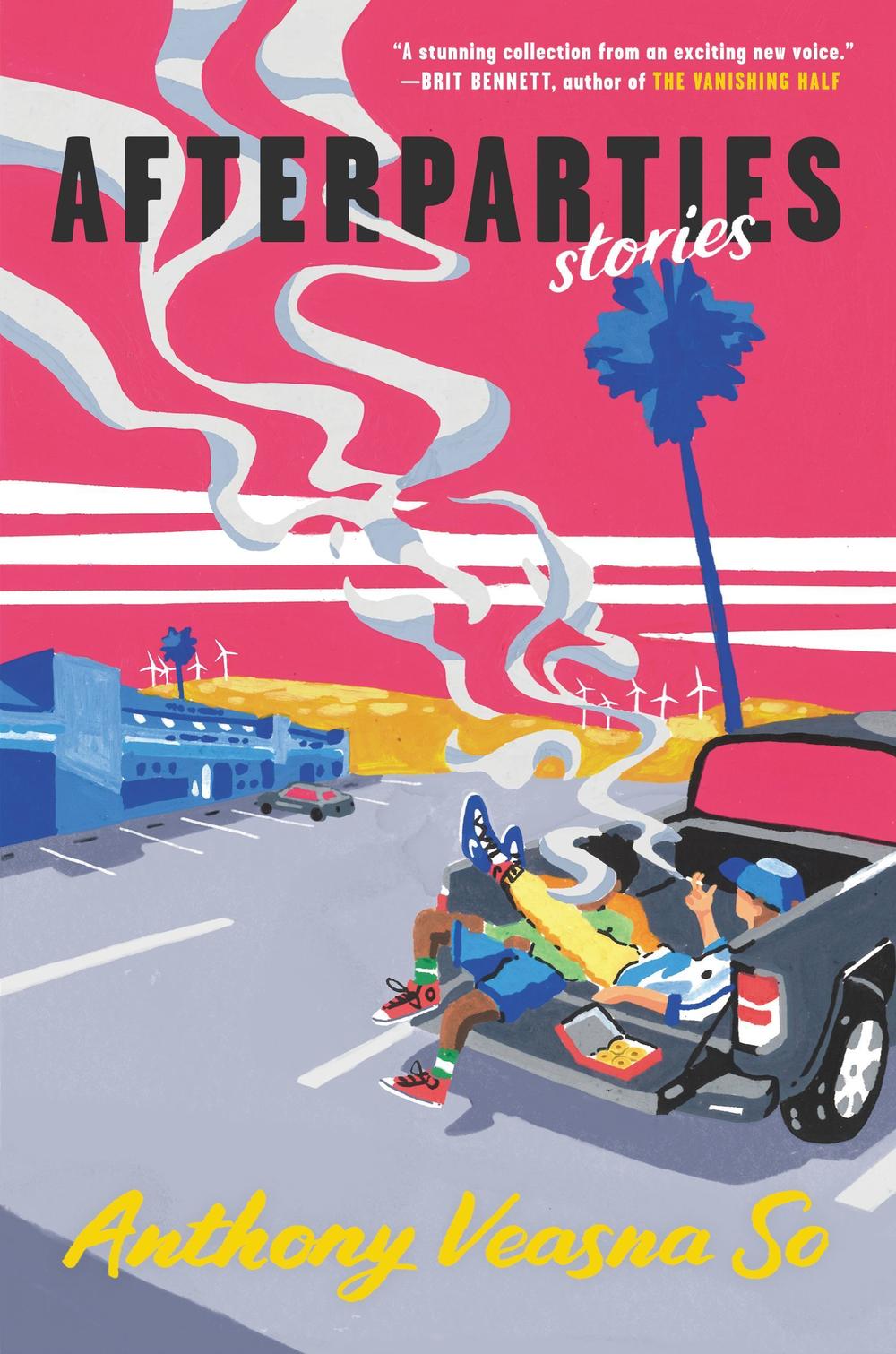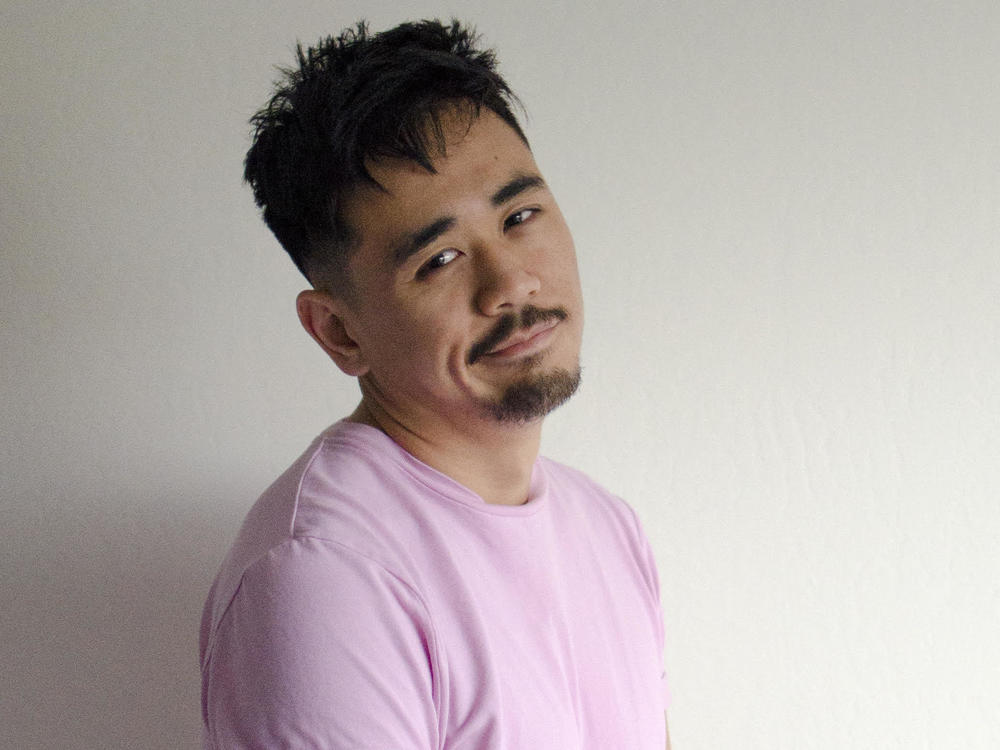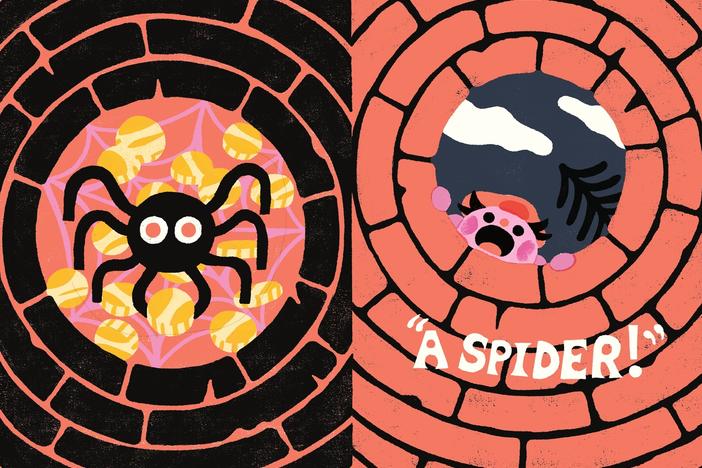Section Branding
Header Content
A Young Literary Star Makes His Posthumous Debut With 'Afterparties'
Primary Content
"'Would we even know English without Judge Judy?'" asks a character from the new short story collection Afterparties. It happens during a scene where two Cambodian American cousins, Maly and Ves, are hiding out from a boring and stuffy family function. Instead, they decide to break into a closed video store, smoke weed and chill out, eventually sliding into those types of conversations you get into with certain family members that bounce between talking trash and accidentally unpacking some deep baggage. "'Guess it's the only way we survived,'" the other replies.
Afterparties is the highly anticipated debut book by writer Anthony Veasna So, who died in December, at the age of 28, of a drug overdose. As a young, queer Cambodian American writer, So wrote about the big questions of his ethnic identity, Khmer: How do you live in the aftermath of the Cambodian Genocide? How do you bridge the gap between a generation fine with just surviving and one that wants more? What does it even mean to be Khmer?
"He doesn't give us an easy answer, but he does ask the questions which reflect some kind of truth," says Monica Sok, a fellow Cambodian American writer and a friend of So's. But he didn't ask these questions for the sake of suffocating everything else there is about living. "Afterparties is probably our first celebrated queer Khmer American fiction that goes beyond survival literature," she says—meaning writing whose main concern is: how do I make it through this alive?
Instead, the characters in Afterparties have other interests. In one story, a teacher navigates his new relationship with a more upwardly-mobile Cambodian American do-gooder tech type: "He spent his days....reading articles about diversifying Silicon Valley with more brown faces, as if that brown-ness could make the whole tech industry any less absurd, grotesque, and frivolous." In another, a washed-up badminton star adjusts to being a low-level legend.
In the opening story, "Three Women of Chuck's Donuts," two young sisters reminisce coldly about their father, who left them to start a new family: "'He said marriage is like the show Survivor, where you make alliances in order to live longer. He thought Survivor was actually the most Khmer thing possible, and he would definitely win it, because the genocide was the best training he could've got'".
There's a bleak humor to the way So mixes the serious and frivolous. The writer Dana Spiotta taught So at Syracuse University, where he got his MFA. She says this was key to his writing. It was its own colloquial language—"a way to talk about the generational difference and the tension there, and also the burden of it and the responsibility," she says.
Sometimes, these big ideas would be too much. The writer Jonathan Dee, another teacher of So's at Syracuse University, got to read the first 75 pages of the novel So was working on. "And my note on those pages was a note that I frequently gave him, which is every idea in this is great. There are just too many ideas," he says. "And, of course, I can't help but feel pretty wistful about that advice now, like, don't worry you're going to have lots more novels."
There will, however, be more works by So coming out soon. His publisher, Ecco, is planning on publishing a collection currently titled Songs on Endless Repeat, which will compile chapters from the unfinished novel as well as non-fiction pieces.
Copyright 2021 NPR. To see more, visit https://www.npr.org.
Bottom Content





